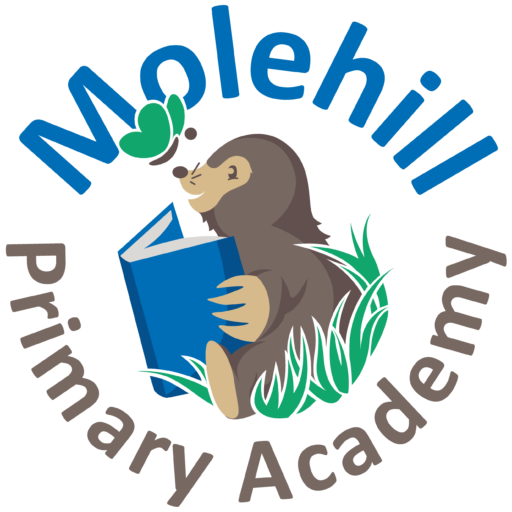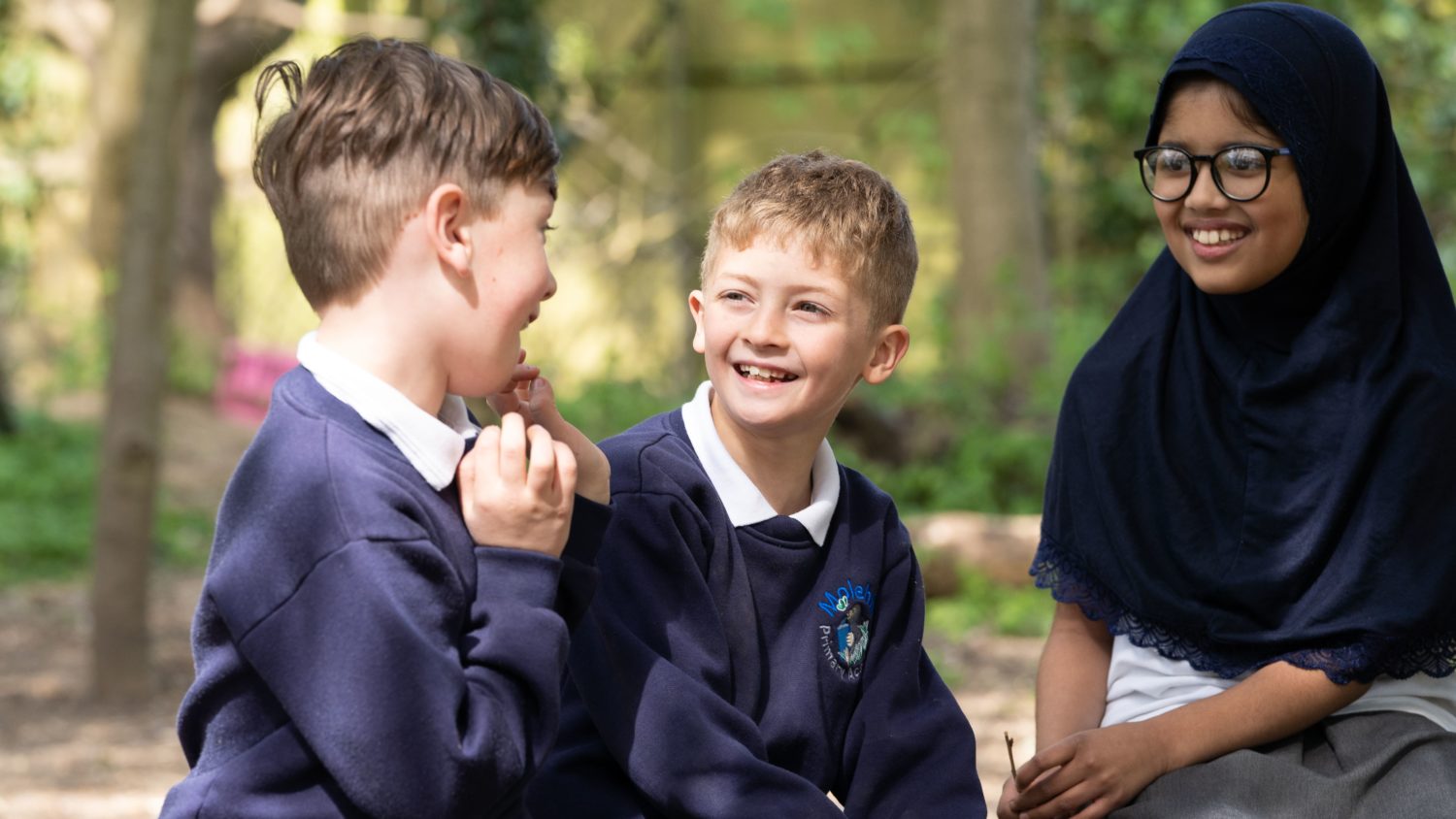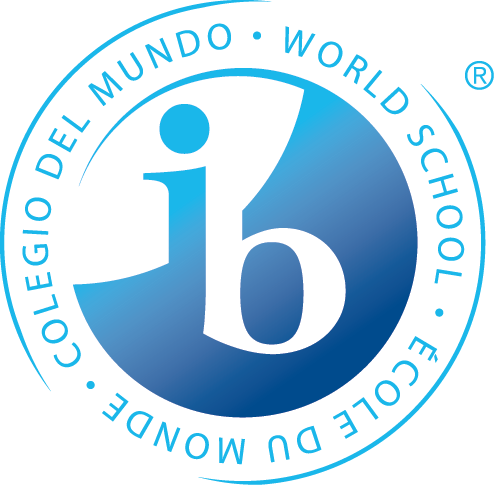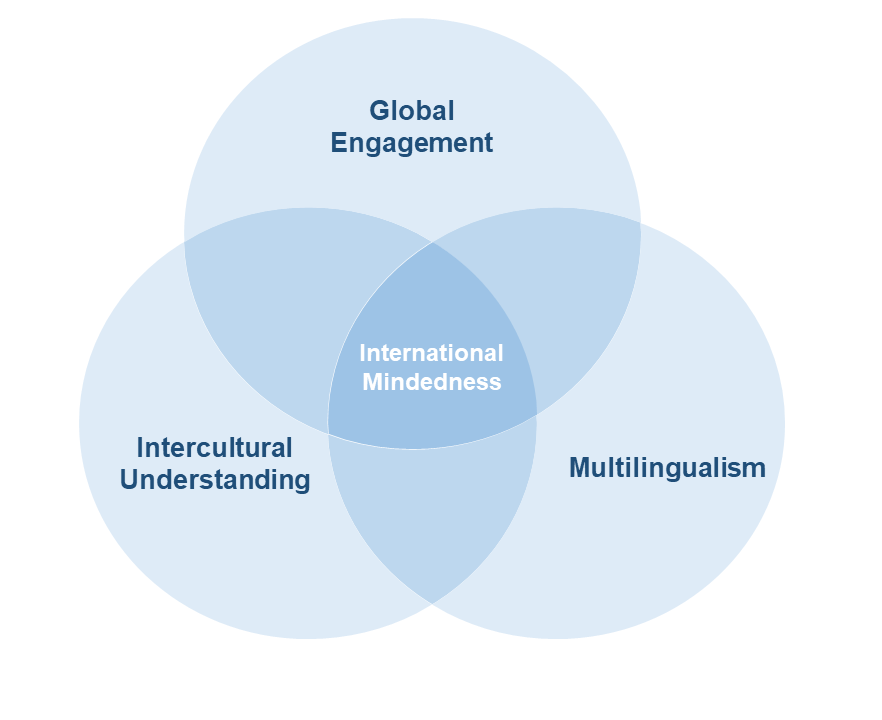‘Leaders have designed a broad and highly ambitious curriculum meticulously. They have extremely high expectations of what pupils will achieve.‘ Ofsted 2023
- Our pupils undertake an exciting, ambitious and diverse curriculum, thoughtfully sequenced and meticulously mapped across all subject areas.
- Pupils’ mastery of reading, writing and mathematics remain at the forefront of everything we do to support them to address disadvantages and to prepare them for a highly successful adult life.
- Central to our core moral purpose, leaders and teachers ensure that our curriculum is improving the life chances of all pupils regardless of their starting points or individual needs.
- Curriculum planning ensures sustained progression of skills and knowledge, both vertically and horizontally.
- The broad, balanced and ambitious nature of the Academy’s curriculum is continuously enhanced and developed to meet the needs of pupils at Molehill. ‘Leaders have carefully considered the knowledge and skills they want pupils to gain and have broken these down into precise steps at each stage, beginning in the early years’. Ofsted 2023
- The National Curriculum is the vital foundation, and we build from this to ensure that, through the IB Primary Years Programme Framework, pupils develop the essential skills and knowledge required to be global citizens and life-long learners.
- It is our ambition to ensure that our pupils benefit from and are inspired by ‘the best that is thought and said’ and as such, our curriculum evolves, is fully inclusive and is relevant to the local, national and global contexts.
- We are immensely proud of our diverse community and our curriculum design centres on the recognition of our pupils as individuals, who each contribute different perspectives, experiences and knowledge and this in turn enhances the learning for others.
- Our Curriculum is fully inclusive and pupils who have SEN and/or are Disadvantaged are well catered for.
- ‘Staff have high expectations of all pupils and ensure they all access the same high-quality curriculum. Teachers regularly check what pupils know and respond quickly to pupils’ needs using a wide range of approaches’ Ofsted 2023.
- Curriculum is adapted when and where necessary, both through leadership review and development, collaborative planning and within lessons during delivery.
- Our curriculum aims to ensure that pupils understand their place in the world, preparing them well for life in modern Britain.
- Integral to our curriculum is our focus on pupils’ wellbeing, mental health and inclusivity and as a result, children feel safe, cared for, respected and listened to.
- Throughout our curriculum there is a strong focus on children’s personal development, nurturing specific talents and cultural capital that will ensure a successful transition to secondary education and increasingly high aspiration for future careers.
- Our pupil admission number is 45 per year group and therefore there are two classes in the academy which have a mixture of pupils from two year groups. As such, some foundation subjects are taught in a two-year cycle which ensures that all knowledge and skills are covered across a two-year period, aligned to each phase: KS1, LKS2 and UKS2.
- At Molehill, we promote the International Baccalaureate Learner Profile Attributes to support the development of life-long learners. Our pupils are inquirers, our curriculum develops their natural curiosity and allows them to apply their thinking skills creatively and in different contexts.
- We strive to ensure that, through our excellent teaching, pupils become highly articulate communicators, who act with integrity and honesty.





